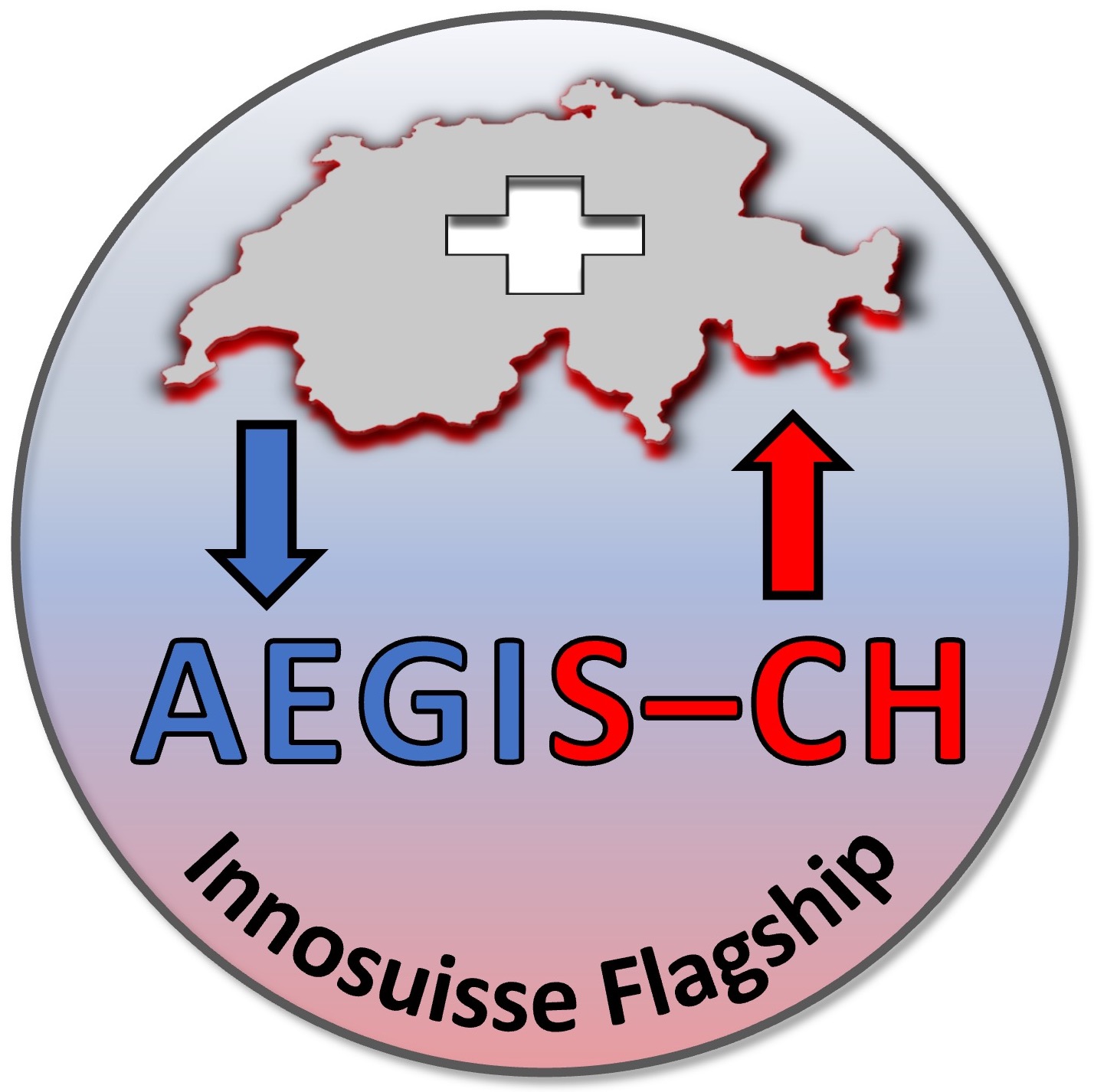GEG Courses
SPRING SEMESTER 2024 – FS24
651-3508-00L Hydrogeologie (BSc)
651-3581-00L Geophysical Field Lab (BSc)
651-4180-03L Integrated Earth Systems III (BSc)
651-4087-00L Case Studies in Exploration and Environmental Geophysics (MSc)
651-4109-00L Geothermal Energy (MSc)
FALL SEMESTER 2023 – HS23
651-4023-00L Groundwater (MSc)
651-0032-00L Geology und Petrography (BSc)
651-3543-00L Geophysik I (BSc)
651-3507-00L Introduction to Oceanography and Hydrogeology (BSc)


